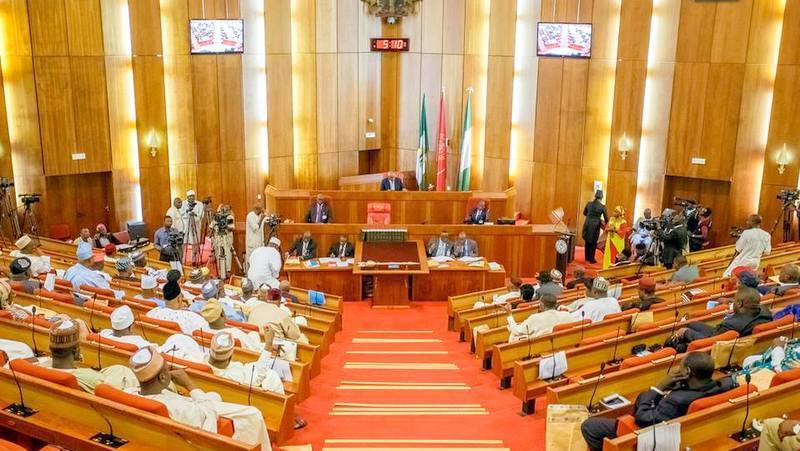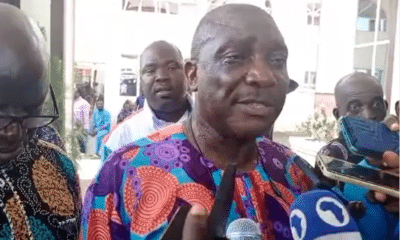Nigeria News
Pressure: Senator Removes Death Penalty From Hate Speech Bill

Senator Aliyu Sabi Abdullahi has said the proposed death penalty for anyone found guilty of hate speech that leads to the death of another, will be removed by the Senate.
In a statement on Sunday, the Deputy Chief Whip of the Senate said the hate speech bill will undergo some amendment to ensure that the clauses contained in its provisions to be passed into law reflect the views of Nigerians.
Senator Sabi Abdullahi claimed that hate speech had led to the death of many and is a major factor behind depression and suicide in Nigeria.
“We have followed closely arguments for and against the hate speech bill, and seen the reason why some kicked against it,” he said.
“Given the high respect which we have for Nigerians, we will make an amendment to the death penalty aspect that most Nigerians objected to, so that a bill that meets their expectations is passed into law.
“Clearly from the conversations, Nigerians agree that we have a problem in the society today as a result of hate speech which has fueled so many killings and violence, and is responsible for cases of depression and suicides.”
He revealed that the Independent National Commission for the Prohibition of Hate Speech will be established to guard against every act of discrimination against Nigerians.
According to the former spokesperson of the senate, the proposed commission will have an executive chairperson, a secretary and twelve commissioners appointed through a rigorous process involving the National Council of State, the President and Commander-in-Chief of the Armed Forces of the Federal Republic of Nigeria and the National Assembly.
In order to protect the independence of the commission, he stated that the bill provides that those qualified to be appointed as members of the commission must not be: members of the National Assembly or any government in authority at the Local, State or Federal Levels.
He added that any person, who is a member of any political party or known to be affiliated with partisan politics, or has promoted sectional, ethnic, religious causes or openly advocated partisan ethnic positions or interest, stands disqualified from being appointed to serve on the commission.












